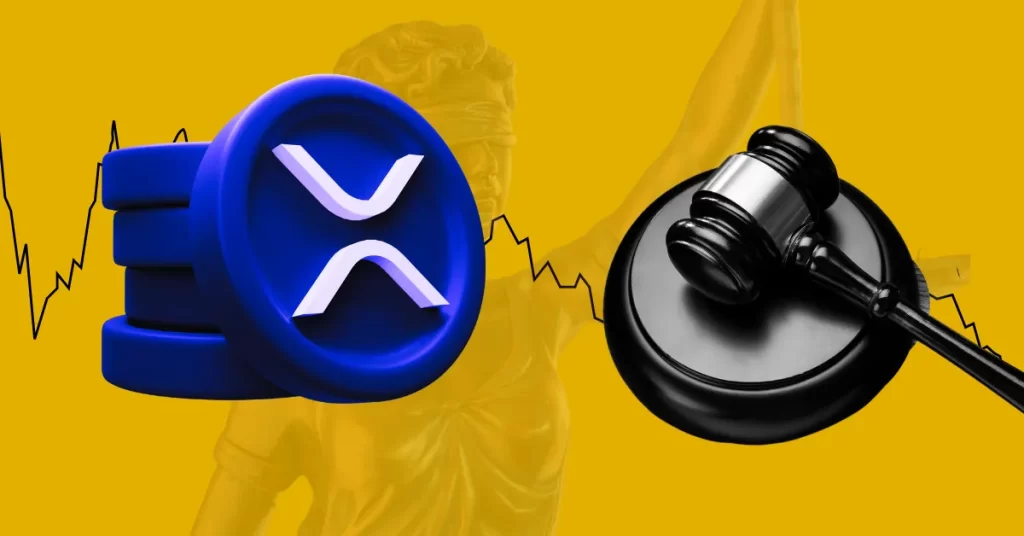
The post Crypto Analyst Predicts Delay in XRP ETF Until Legal Case Resolved appeared first on Coinpedia Fintech News
As the US Securities and Exchange Commission prepares to decide on several Bitcoin ETF applications in early 2024, prominent crypto analyst WrathofKahneman has weighed in on the potential for an XRP exchange-traded fund (ETF). WoK, a pro-ZRP influencer, has asserted that the realization of an XRP ETF is unlikely until a significant development occurs.
The Arrival of Crypto ETFs
Wok explains that the arrival of crypto ETFs will lead to increased institutional investment in the crypto space, which will have an impact on the market. He highlights that the influx of institutional funds could result in heightened volatility as arbitrage opportunities emerge between the ETF and the underlying crypto assets.
The Onoging XRP Lawsuit
In October 2021, Ripple was hit with a lawsuit from the SEC, alleging that XRP sales amounted to an unregistered securities offering. The case is still going on, and until it is resolved, WoK believes that an XRP spot ETF is unlikely. Now, it remains uncertain as the legal case against Ripple has been ongoing for years, and until it is resolved, it is unclear whether an XRP spot ETF will be approved or not.
Bloomberg Analyst previously suggested that the listing XRP futures on the Chicago Mercantile Exchange (CME) could pave the way for an XRP ETF. However, until this occurs, Wok’s assessment remains valid.
Debate Over Crypto ETFs
Some experts argue that the crypto ETFs will bring stability to the market by providing investors with regulated and secured investment options, while other belive that they could lead to increased volatility due to arbitrage opportunities and institutional inflows.

 1 year ago
96
1 year ago
96














 English (US) ·
English (US) ·